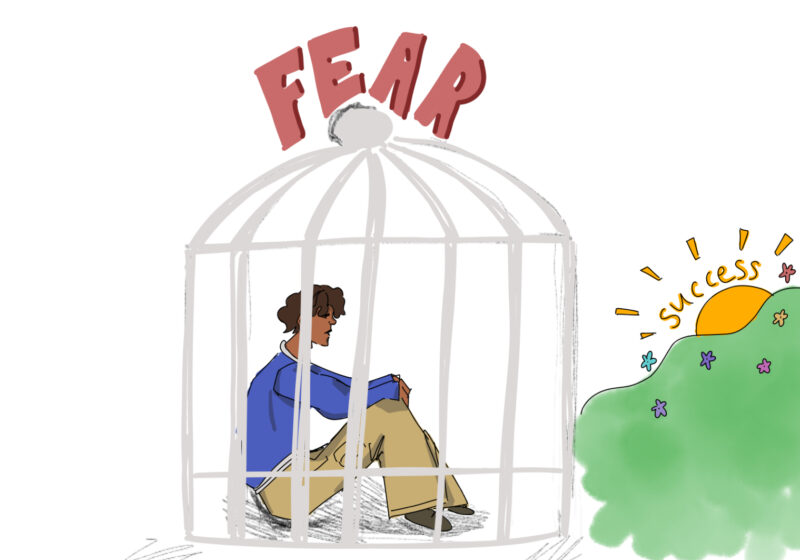This summer, women had much reason to celebrate. Emergency Contraceptive, also known as Plan B was approved by the FDA for over-the-counter status for women 18 years of age and older. Gardasil, a vaccination against the human papilloma virus, or HPV, also got FDA approval.
However, there are still great barriers blocking women from easy access to both of these preventative medicines. These barriers prevent Plan B and Gardasil from reaching their intended goals of preventing pregnancy and reducing the risk of genital warts and cervical cancer, respectively.
Plan B, the brand name of the only emergency contraceptive approved for use in the United States, reduces the risk of pregnancy by 95 percent if taken within the first 24 hours after unprotected sex and by 89 percent if taken within 72 hours.
There is a direct correlation between effectiveness and the number of hours after unprotected sex that Plan B is taken. Therefore, in order to avoid pregnancy, it is very important to take an emergency contraceptive as quickly as possible after using ineffective contraception, not using contraception, or being raped.
For this reason, the American Academy of Obstetricians and Gynecologists suggests that all women buy Plan B ahead of time, to have in case of an emergency.
Plan B is very safe and, despite Christian Right groups calling it an “abortion pill,” Plan B is simply a concentrated form of progestin, one of the hormones found in the birth control pill. Plan B does not induce abortion – it simply prevents pregnancy, much like “the pill.”
Despite being safe for girls under the age of 18, the FDA has not approved the drug for over-the-counter status for girls 17 and younger. In order for girls to obtain Plan B, a prescription is still required.
The Society of Adolescent Medicine and the American Academy of Pediatrics, among others, have criticized the FDA for this decision. Scheduling appointments, working with insurance, going to the doctor and getting prescriptions filled are often hard tasks for girls under age 18 to do. These processes often require a lot of time and proper paperwork that children may not have access to.
Another drug that is now available to women, but has many barriers limiting its access, is Gardasil, the brand name of the HPV vaccine. Gardasil is 95 percent effective in preventing the contraction of four of the worst strains of the human papilloma virus. Two of these strains contribute to 70 percent of the outbreaks of cervical cancer and, combined, the four strains lead to 90 percent of all genital warts cases.
Although this vaccination is obviously not flawless, it is a major leap in women’s sexual health.
Gardasil is designed for girls aged nine to 15, but the FDA has approved the vaccine for nine to 26-year-olds, strongly encouraging 16 to 26-year-olds to get vaccinated for “catch-up” prevention.
In 2005, the Center for Disease Control and Prevention estimated that “at least 50 percent of sexually active people catch HPV during their lifetime.” HPV can be passed through any act that involves genital contact and condoms are not 100 percent effective in preventing contraction of the virus.
Although Gardasil has the potential to prevent cancer, many Christian groups have also opposed this drug.
Unfortunately, the lobbying of these groups has been very successful. Many insurance companies refuse to cover Gardasil, while others only cover the cost for women and girls 19 and under. Similarly, some doctors’ offices have chosen not to carry the vaccination, claiming that the product is still being tested, regardless of the fact that the FDA has approved it.
Here at UR, the vaccine is available, but very expensive. The total cost for the series of three shots is $450. Sadly, college students often do not have the money or time required for the vaccination.
Still, this summer’s FDA approval of Plan B and Gardasil symbolize great leaps in the areas of women’s health, and will hopefully allow women to make more decisions regarding their own sexual health.
Nigro can be reached at jnigro@campustimes.org.”Women’s Weekly” is a bi-montly column written by Women’s Caucus members.





